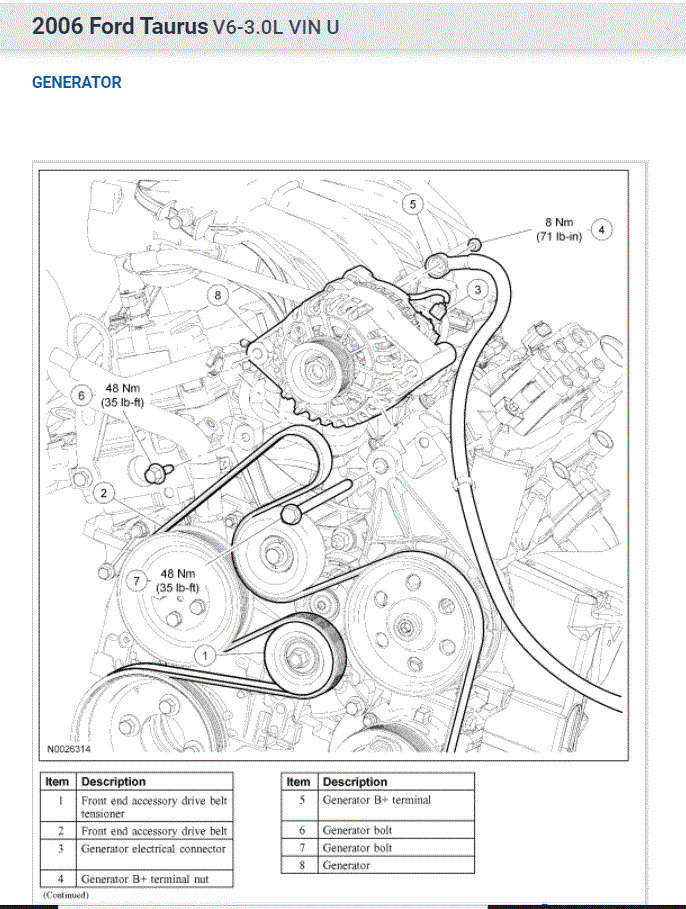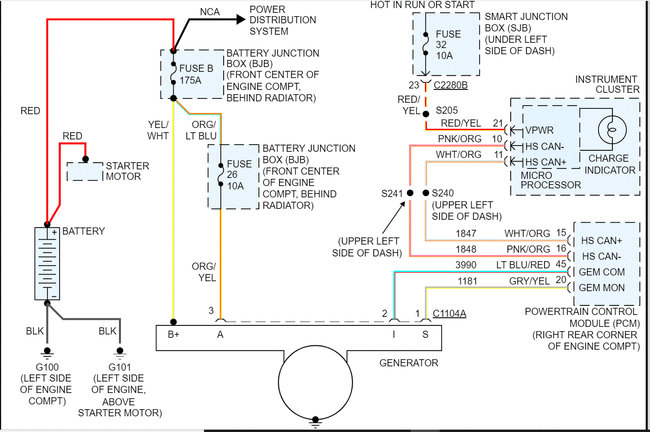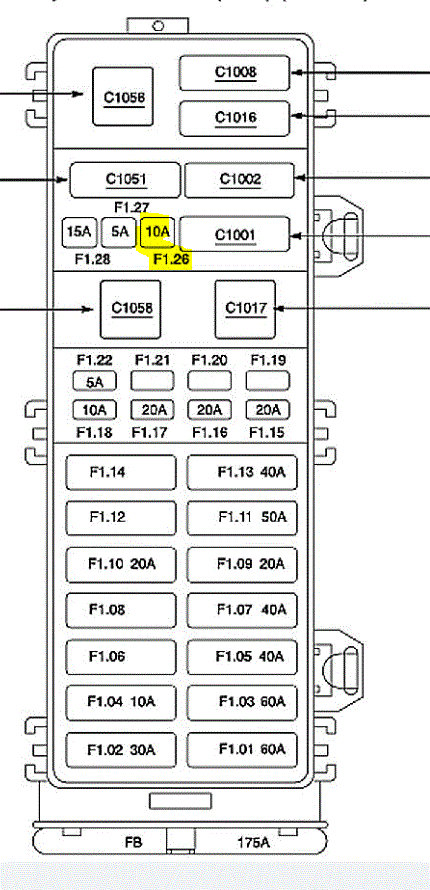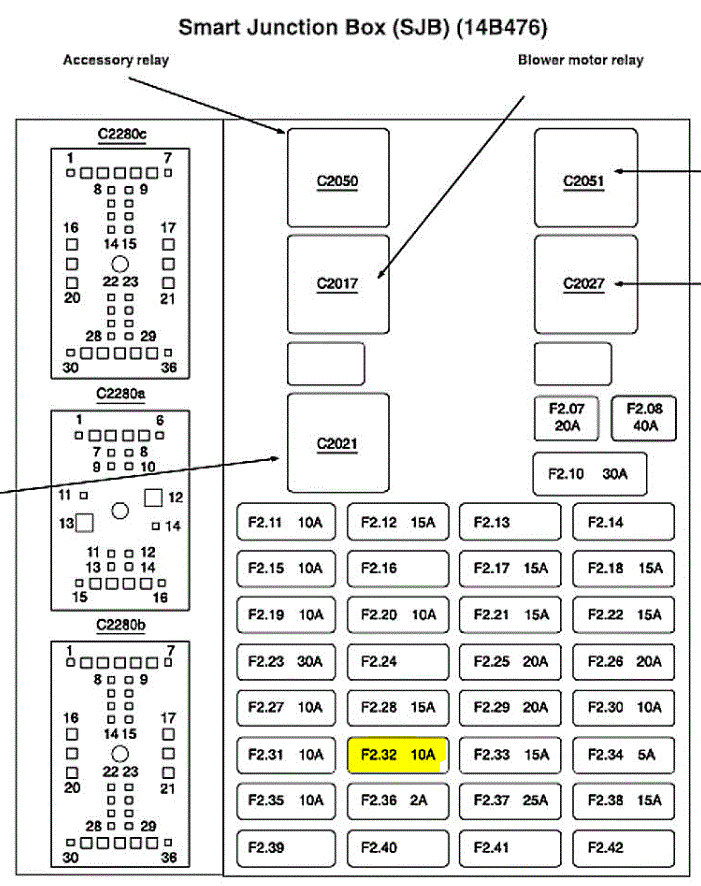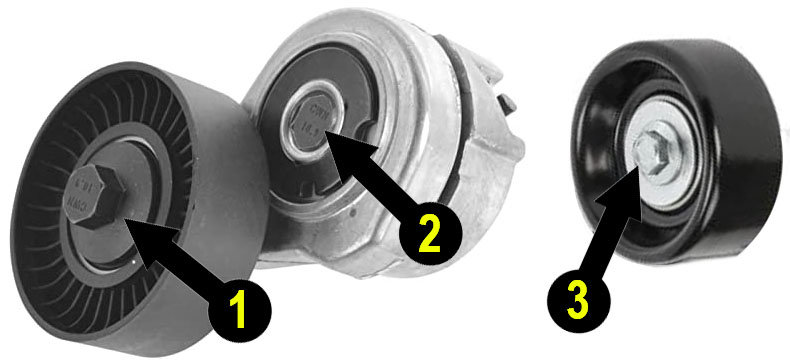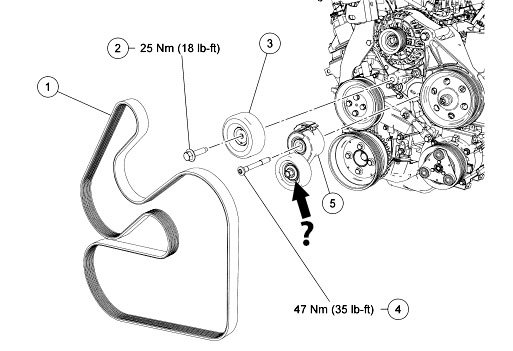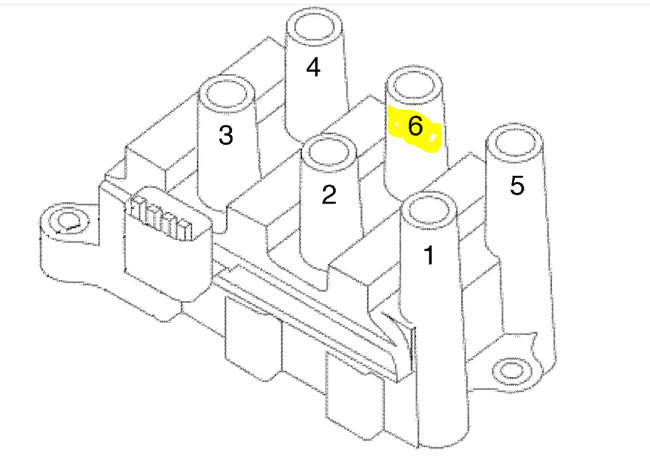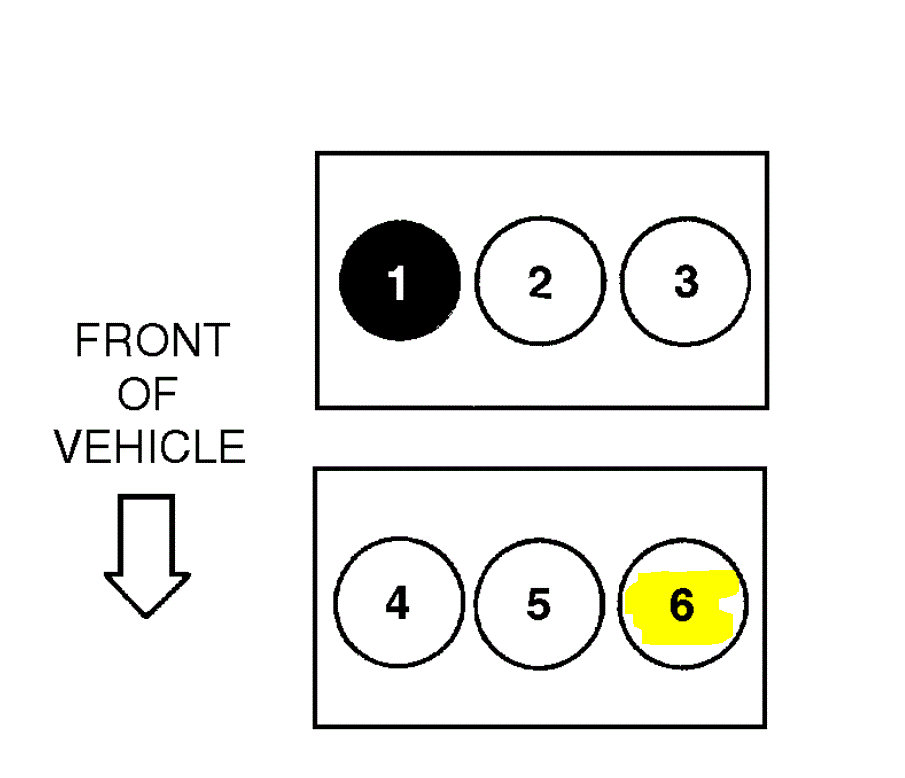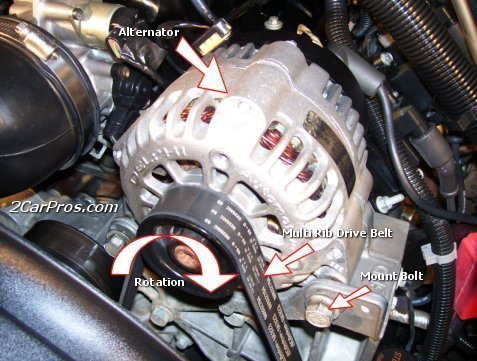The alternator isn't charging the battery. When you start the engine, the electrical draw from all the different modules, lights, fuel pump, and so on all require power to work. Since the alternator isn't producing voltage, the battery is working alone. Thus, you have a lower voltage.
First, confirm fuses are good. If you look at the last three pics below, they show fuses related to the alternator. Check them. Make sure there is power to and from them as well. Here is a link you may find helpful. Note, there is a 175-amp fuse tied with the alternator as well. See pic 4 below. I didn't highlight it because I feel it likely isn't the cause but check it if you find a power issue to fuse 26 in the under-hood fuse box.
https://www.2carpros.com/articles/how-to-check-a-car-fuse
Since you already checked the voltage, it sounds like the alternator needs replaced, especially if the fuses check good. You can remove it and have it bench tested at most parts stores. They will be able to confirm if it is working. Also, most will do it free of charge.
Here is a link that explains in general how one is replaced. You can use this to help guide you through the replacement process.
https://www.2carpros.com/articles/how-to-replace-an-alternator
If you look at the two pics below, they are from the manual specific to your vehicle. When you work on the alternator, please make sure the battery is disconnected first. (Pics 1 and 2) Pic 3 is the wiring schematic for the charging system. I added it for reference.
Let me know what you find or if you have questions.
Take care,
Joe
See pics below.
Images (Click to make bigger)
SPONSORED LINKS
Tuesday, January 4th, 2022 AT 9:10 PM
